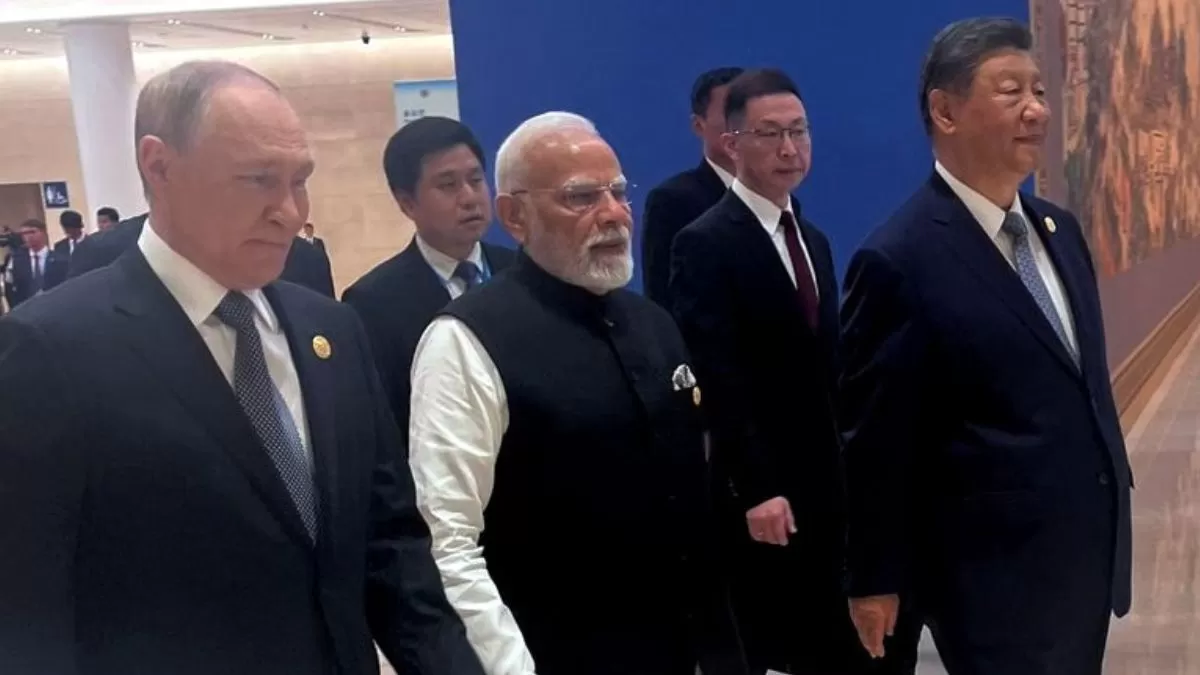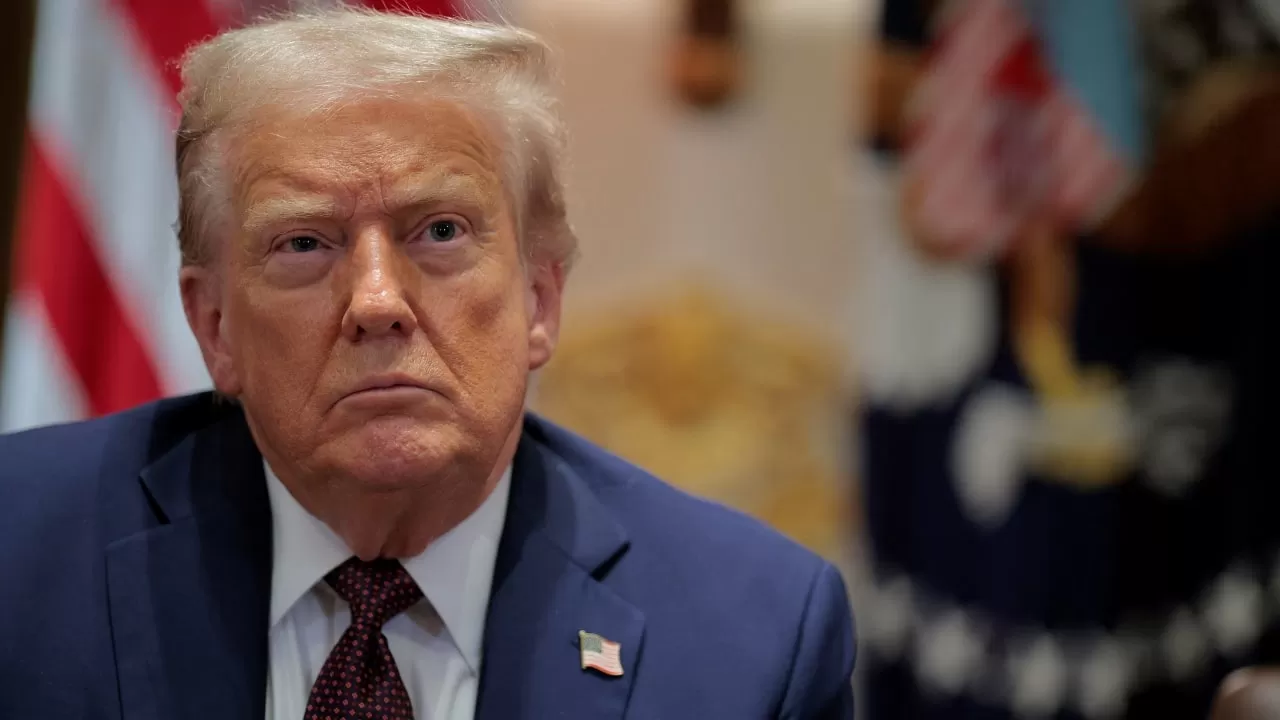Navigating the Dragon's Path: FM Sitharaman on the Protracted Journey of India-China Relations
Share- Nishadil
- September 06, 2025
- 0 Comments
- 2 minutes read
- 45 Views

FM Sitharaman: Building India-China Ties Requires Time, Patience
Finance Minister Nirmala Sitharaman highlighted the intricate and time-consuming nature of establishing a stable relationship with China, underscoring India's cautious yet pragmatic approach.
India's Finance Minister, Nirmala Sitharaman, recently offered a candid assessment of the protracted journey towards fostering a robust relationship with its eastern neighbor, China. Her remarks underscored a fundamental truth in international diplomacy: genuine trust and stable bilateral ties are not forged overnight but are the product of sustained effort, strategic patience, and a willingness to navigate complex challenges over time.
Sitharaman's statement resonates particularly strongly given the historically intricate and often volatile nature of India-China relations.
For decades, the two Asian giants have found themselves locked in a delicate dance of cooperation and competition. While economic engagement has seen significant growth, with China becoming one of India's largest trading partners, this has often been overshadowed by persistent border disputes, strategic divergences, and a substantial trade imbalance.
The unprovoked aggression and subsequent standoff in eastern Ladakh in 2020 served as a stark reminder of the deep-seated mistrust and the inherent difficulties in achieving true normalcy.
Despite high-level diplomatic engagements and even informal summits, such as those between Prime Prime Minister Narendra Modi and Chinese President Xi Jinping in Wuhan and Mamallapuram, the path to a truly harmonious relationship remains fraught with obstacles.
These summits, while aimed at building personal rapport and de-escalating tensions, ultimately proved insufficient to prevent later military confrontations, highlighting the chasm between stated intentions and on-ground realities.
Sitharaman's emphasis on the time-consuming nature of relationship-building reflects India's pragmatic approach.
It acknowledges that resolving deeply entrenched issues – from undefined borders to geopolitical rivalries for regional influence – demands more than just occasional dialogues. It requires consistent, transparent communication, a mutual respect for sovereignty, and a tangible commitment to de-escalation and peaceful resolution of disputes.
The current global landscape further complicates this dynamic.
As both nations vie for greater influence on the world stage, their strategic interests often diverge, particularly concerning regional security, economic partnerships, and multilateral institutions. India's growing engagements with the Quadrilateral Security Dialogue (Quad) and other like-minded democracies are often viewed through a skeptical lens by Beijing, further adding layers of complexity to the bilateral equation.
Ultimately, FM Sitharaman's comments serve as a clear indicator of India's long-term strategic outlook.
It's an admission that while the aspiration for a stable and mutually beneficial relationship with China exists, the journey to achieve it is arduous and necessitates a calibrated, patient, and unwavering diplomatic effort. It requires both nations to look beyond immediate gains and truly invest in building a foundation of trust, which, as history demonstrates, is an undertaking that truly takes time.
.Disclaimer: This article was generated in part using artificial intelligence and may contain errors or omissions. The content is provided for informational purposes only and does not constitute professional advice. We makes no representations or warranties regarding its accuracy, completeness, or reliability. Readers are advised to verify the information independently before relying on







